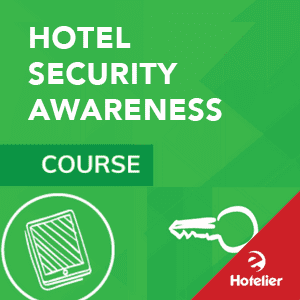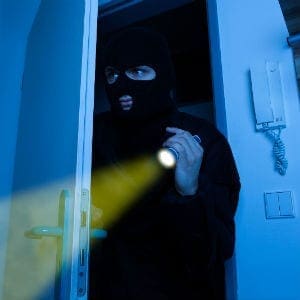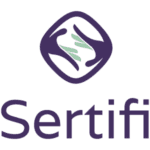It’s time to talk about the new Sky Touch Hotel Security Radar. The last radar we published was in 2015 and went viral worldwide. In the last 12 months, we have noticed significant changes in the threat profile.
While Identity Theft along with Credit Card Fraud and terror-related incidents are still on the forefront, we can see some positive improvement in the length of audit cycles. One explanation is that hotels have before started to follow the current trend in security self-auditing. What appears new on the radar is a concern for the industry. It demonstrates that more needs to happen at an academic level.
1. External emergencies
Vehicles used as a weapon
We have seen it now a few times where terrorists drive a vehicle into crowds, with the aim to kill innocent people. Europe is at a high risk and we have noticed that hotels are not adapting to the changes as fast as they should do. Therefore, we have added it to the Security Radar. Even though the events haven’t taken place directly in a hotel, in most incidents a hotel property was always close by and in some cases the emergency response plan had to be activated. Security experts will likely tell you to put concrete barriers at your perimeter, but be careful as they will not necessarily stop a truck. So be aware of how they are anchored, how heavy they are and how they are positioned around the perimeter. Best to seek advice from a security expert you can trust.
Gun shootings
In the last two years we have seen several nasty shootings in hotels. These were randomly chosen and the aim was to establish a momentum. What will possibly prevent this from happening in your hotel? When you don’t know the answer to this than it is time to re-think your emergency response plan, your lock-down procedures,Êthe security training for staff and emergency equipment that is on-site. There is no best recipe for how you should do it because every property is different, but what I would like to recommend at least one Trauma Kit in each hotel. Should your guests get targeted, and there is only a slight chance of survival for a victim than a Trauma Kit can save someone’s life. You won’t regret this investment because it could be someone you may know. When I met ProfesseurÊJean-Thomas Henderson from the ITHQ (Institut de tourisme et d’htellerie Quebec) in Montreal who teaches also hotel security at the Institute, he said to me, ÒHotels are part of the community, trained in dealing with those situations and always in the middle of the actionÓ. Hotels can play an important part in a greater plan and doing so can have a positive reflection back on the hospitality industry.
2. Corporates flag destination and hotels
Corporates want to know which hotels are considered safer over others. The risk hotels face is the loss of business due to some competitive disadvantages. The location of a hotel or the way it is designed might not meet the expectation of certain corporate clients anymore. What corporates now want is reassurance because they have a duty of care for their employees.
Background: Because of the number of security incidents world-wide, the corporate world started to ask legitimately which hotels are considered safer than others. Risk management companies around the world are trying to provide some guidance. Corporates literally don’t have the resources to travel from hotel to hotel and inspect the security on-site. They are trusting external companies to do the job instead and check if it is compliant with the travel policy. It makes sense because hotel companies already receive many security related questions from corporates as they must do their due diligence. The answers are often not satisfying. Hotels now must be careful to keep the balance between transparency and confidentiality. Last thing you want as a hotelier is your entire hotel security plan exposed up front and in detail to your guests. Hotels don’t have to expose every detail to everyone and corporates have the answers they are looking for when the hotel for example is certified in hotel security.
3. Security knowledge
Let me ask you a question: As a hotelier, how much do you know about the security industry and how much knowledge has the security industry about hotels? This is a valid question that I would like to raise in this context of identifying new risks.
It is like with any other relationship. When you know more about the other party and have an understanding of their concerns than you are in a better position to resolve problems together. Both industries are very different and not really a match for life. They have not much in common, are shaped by different circumstances and staff are not treated the same. We have marked the cultural differences as a potential risk because we have discovered that this is in most cases the source of many problems.
I give you an example: After 9/11 representatives from the hotel and security industry came together to define solutions to protect American hotel properties around the world. On that day the standard was set and the big players in the market changed their Threat Condition Policies accordingly. The problem with this is that hotels are not designed like an airport and the implementation of a screening point for example with an x-ray machine etc. is very costly and requires expertise to operate it. In fact, a screening point is only one layer in a security concept and today they are much better solutions available. When not done properly it will not even help to prevent any damage. However, the Department of Homeland Security replaced the colour code system a few years ago with NTAS (National Terrorism Advisory System) but most hotel companies are still working with the old colour code system and never adjusted to the updates. These hotels face a risk as it is not compatible anymore with the threat profile that intelligence services, law enforcement and the private security sector are dealing with.


















